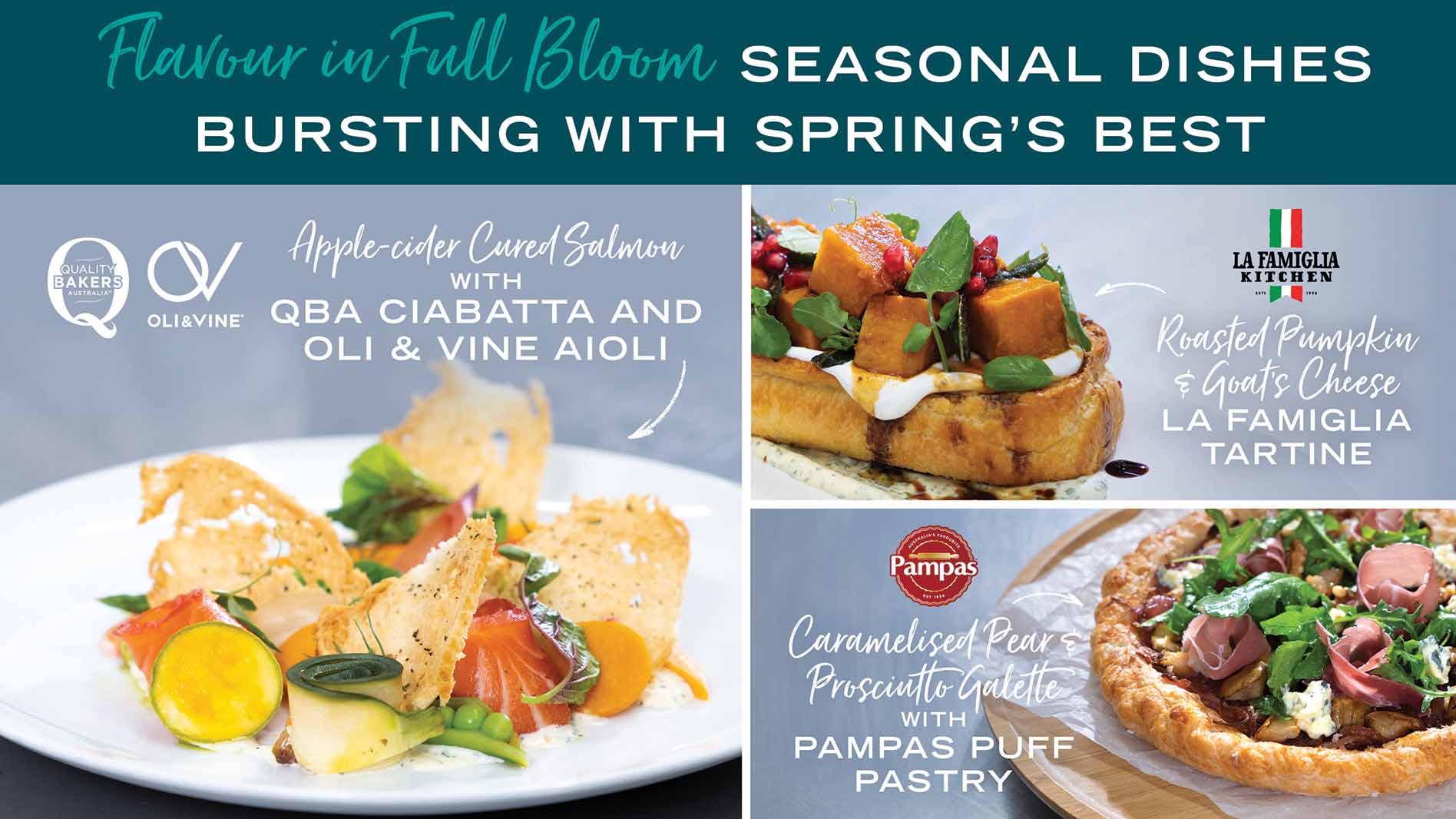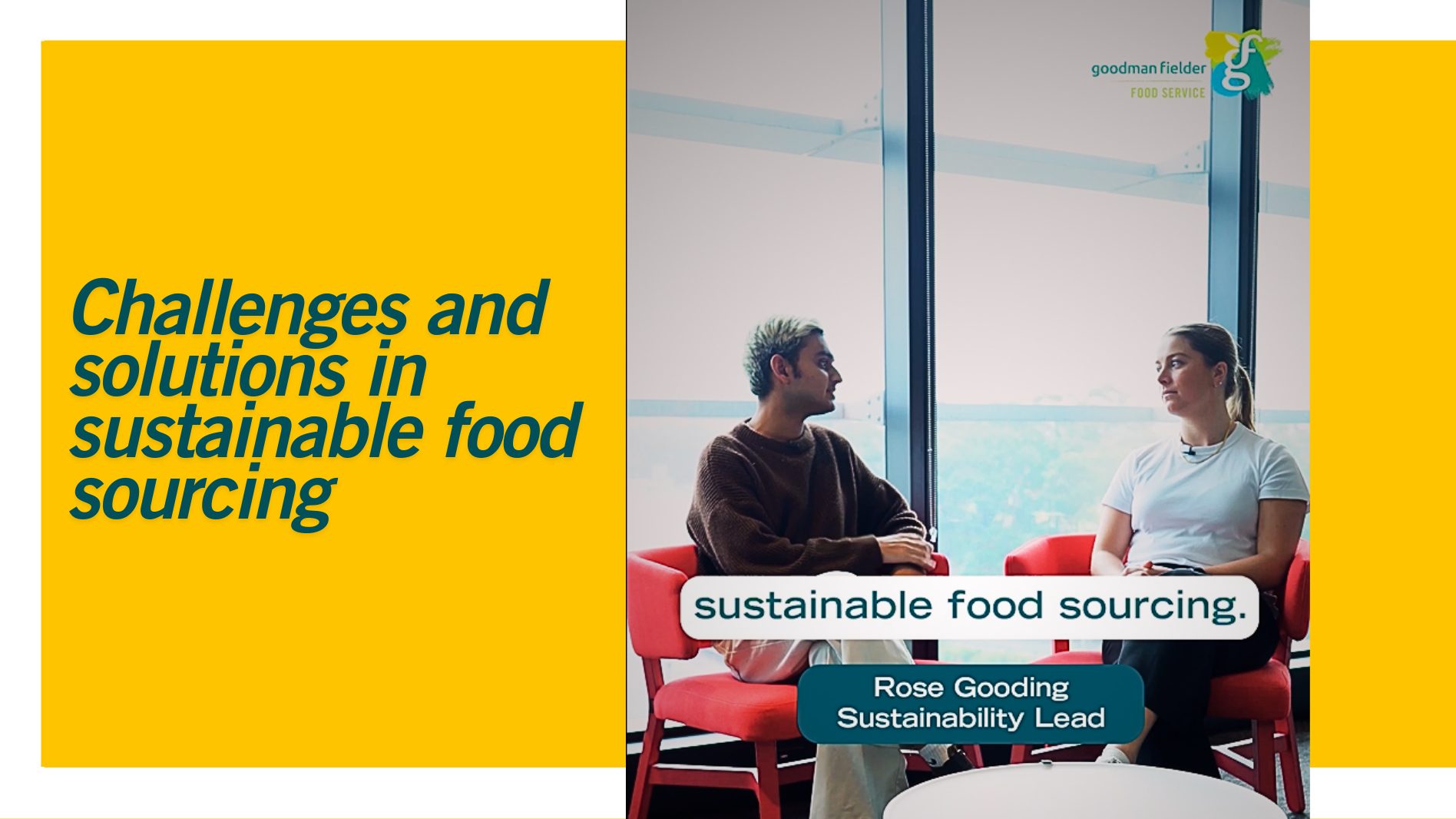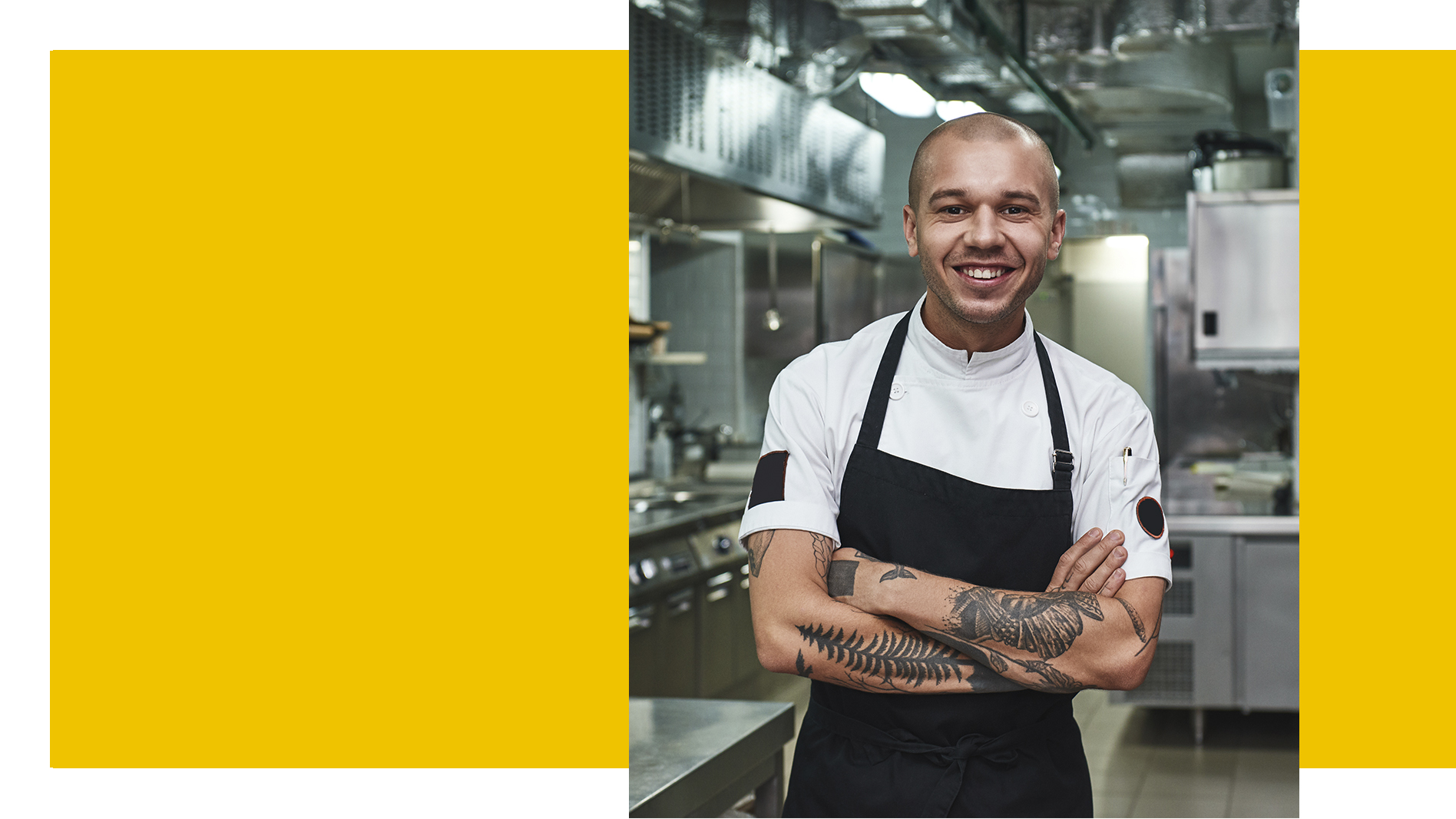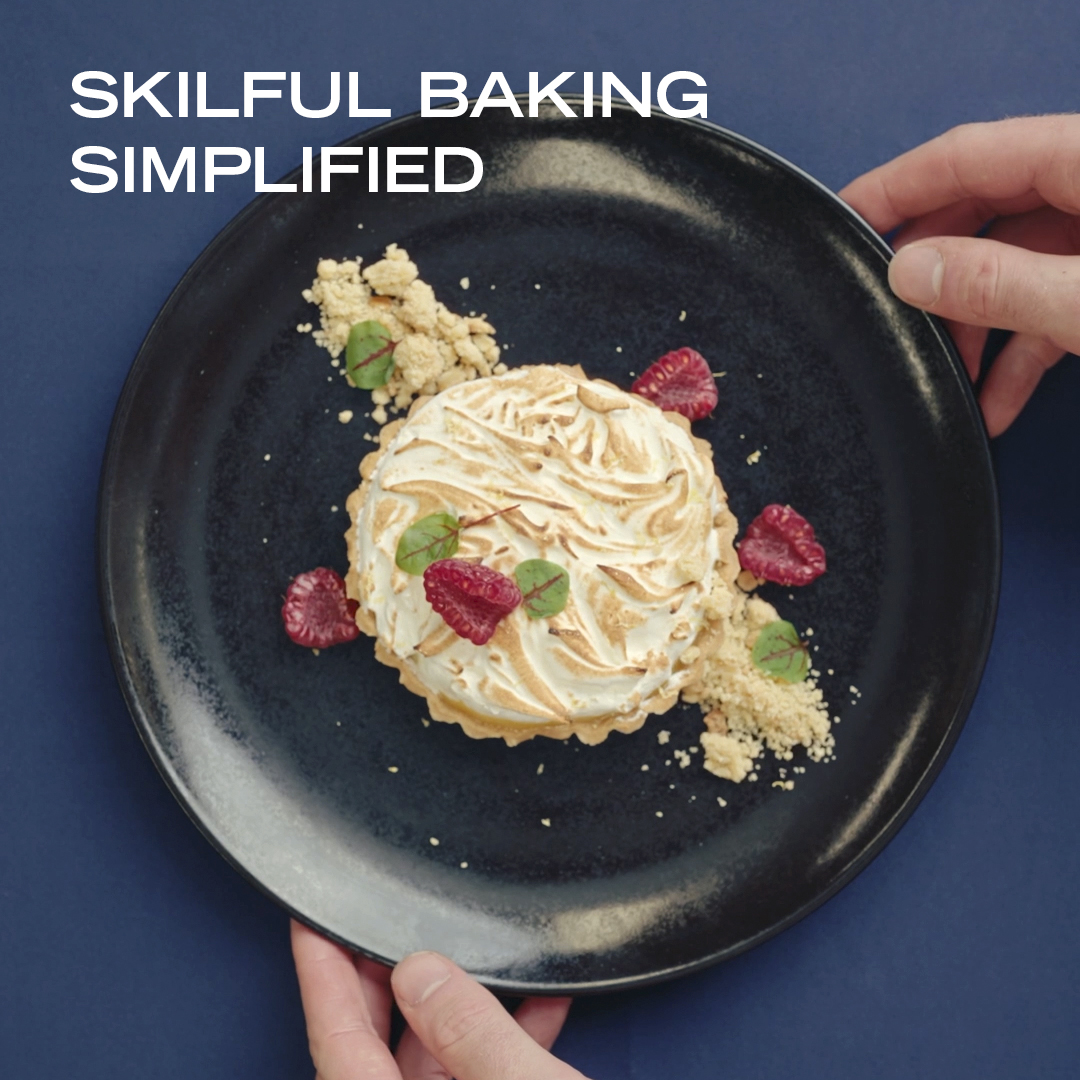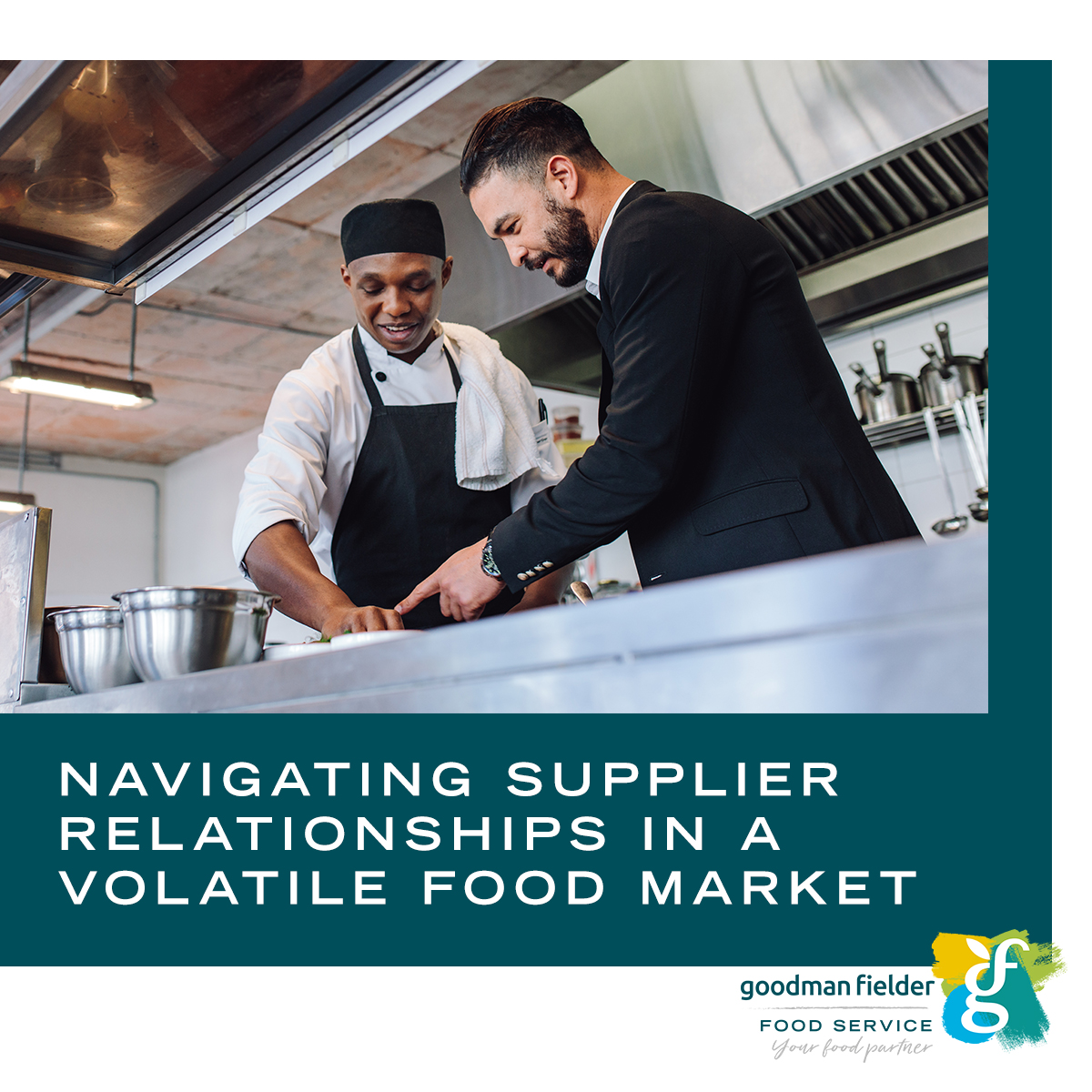
Opening a new restaurant is easy. But opening a new restaurant and being successful takes time, patience, and industry knowledge.
Owning a hospitality venue is a dream for many of us who work within the industry. It’s something we all work towards but often find ourselves at a crossroads of ‘how do we open and be successful at the same time?’
This is a daunting thought because many of us know someone (or multiple people) who have ventured down this road but found themselves unprofitable and forced to close their doors, just as fast as they opened them.
But why are so many venues unsuccessful once they open their doors to the public? According to Burger Head co-owner Tim Rosenstrauss, it comes down to “not giving the restaurant the respect it deserves” and not having a well-thought-out concept right from the very beginning.
So, what makes a venue successful? According to a 2021 Restaurant & Catering report, food quality is the major factor contributing to success, followed by service quality and meeting customer expectations. In this article, we highlight the 5 things you need to think about and action before opening a new restaurant, cafe, or pub to ensure you’re set up for success right from the start.
1. Decide on the concept of your restaurant
Customers visit restaurants not only for the food but also for the experience. That’s why deciding on the type of venue you want to operate is the first, and most important task to tick off before investing money in making your dream come alive.
When it comes to concept development, you need to think of the theme and cuisine of your venue, this will then influence your overall look and feel from a branding point of view. The goal is to find the right balance between what resonates with your audience but is still authentic to yourself.
Burger Head co-owner Joshua DeLuca, reflecting on their first venue in Penrith, explained that your concept shouldn’t just be about the food, but rather the complete experience. He added that during their concept development, Josh and Tim took into consideration the experience they wanted their customers to have right from the moment they pulled up in the car park to the moment they left their venue.
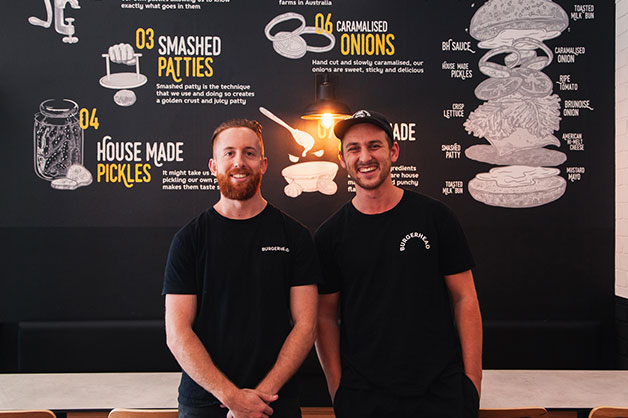
“We sat down and were like what is the customer going to think about when they come in? What are they going to eat, what are they going to smell, what are they going to hear,” Josh explained. “[When] you jump out of your car and you can smell the burger grease coming out of our hoods, that instantly gets you in the mood for a burger.”
“You then get up to the door and it’s the music that’s playing and then the smiles and greetings that you get as you come in the door. Everything has to be thought out as opposed to just opening up the doors and hoping people are going to come, because yes, that might happen but that goes away very quickly and you need something behind it,” he continued.
So when brainstorming your overarching concept, make sure you answer the following questions:
- What kind of restaurant do you want?
- Who is your restaurant for?
- What is your value proposition?
- What resources do you need?
- What are/aren’t you willing to compromise on?
- What’s your staffing plan?
- What’s your main objective?
2. Design your menu
Once you’ve decided on your overall concept (and most importantly your cuisine), your menu ideas should start to flow. Developing your menu early on in the process allows you to then ensure you find the right location and of course, kitchen. It will also dictate the type of equipment you’ll need and the skills required from your staff before hiring.
When thinking about your menu, you need to remember that it’s the heart and soul of your venue. It is what makes customers walk through your doors, either for the first time or the hundredth time.
Menu planning is one of the biggest and most time-consuming jobs when operating a hospitality business. It needs to be kept fresh, while still maintaining the crowd favourites, and of course needs to be profitable overall. When thinking about your menu, make sure you have meatless options for your vegetarian and vegan customers, kids options for your younger guests, and of course desserts for those who have a sweet tooth. Another great way to ensure your menu is a hit from the get-go is researching food trends and linking them to your overall business concept.

During menu development, don’t forget to think about the impact each dish will have on your restaurant’s food costs and overall timings. Remember, your food costs should be around 30% of your menu price, so always keep pricing in mind. To help you with this, check out the recipe calculator, this helps you devise the right quantity, ingredients, and costs during your menu planning.
It’s also important to make sure your ingredients can be used across multiple dishes – this reduces food costs and wastage. But also think of items that can be prepared quickly, as this will impact efficiencies in the kitchen (meaning the quicker your staff serve meals, the more you can do and the more profit you can bank).
3. Decide on the location of your restaurant (and think about the layout)
Your venue’s location is an essential factor to consider as it can determine the success and overall profitability of your business. Before locking in a space, make sure you do your research; identify your competitors within close proximity and assess their menu offering, as well as the overall experience you have when visiting the location.
Not only does this allow you to be aware of the competition you’re up against, but it also helps you develop an understanding of the potential customer base. But location isn’t just about what’s happening in the area, you need to think of rent, visibility, and accessibility.
While high-frequency foot traffic is beneficial to your business, it also means that your rent is higher overall. A recent Restaurant & Catering report found that 35% of venues in Australia pay an average of up to $250/sqm, making up 13% of their overall business cost.
“It’s a catch 22 [when it comes to foot traffic],” Tim said. “You’ve got a couple of functions like ‘build it and they’ll come’ [but that isn’t always the case]. Our Burger Head Penrith store is hidden and the rent for that is cheap but [that is] the trade-off because if we were around the corner with main road visibility, there would be an extra cost in rent,” he added.
While rent, accessibility, and parking are important when looking for a location, you mustn’t forget about what you want and need from your space. You need to make the location work for you and your business concept.
“Knowing what you want to serve, knowing what you want to get out of the kitchen, and knowing your concept really well from the beginning would help mitigate and get the best out of your money,” Josh commented. “At the beginning, we walked in and knew we were on a budget but we had a few boxes we knew we had to tick.
“Now when we go into a site we know we need 30sqm for the kitchen, 30sqm for the front and we can form everything else in between. So, walking and knowing where things are going to go, where your services are, the most efficient way to set up your kitchen, front of house and flow of customers will help find the right location.”
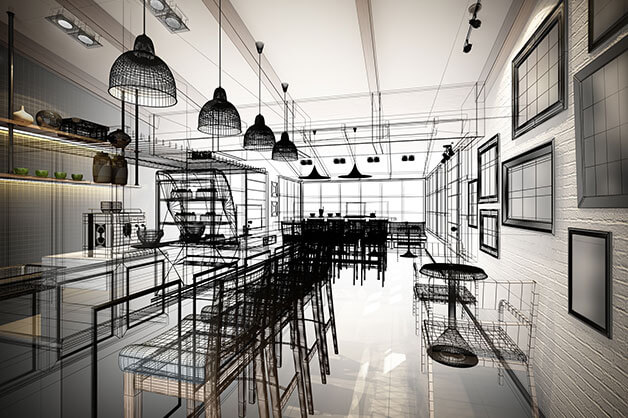
So for your front of house, think about your seating capacity, dining room furniture, and decor. And when it comes to the kitchen, remember to consider warewashing, dry and cold storage, food preparation, meal cooking, and of course service. Once you know the layout and location, you can start searching for the right equipment from the right supplier.
4. Get all the licenses needed
When you open a venue, there are a number of licenses, certificates, and permits you need to acquire beforehand. These include (but aren’t limited to):
- National Police Certificate (you need this before you lodge for a liquor license)
- Liquor licensing (requirements vary depending on state or territory)
- Business license and registration (from your local council)
- Music license (this covers copyright issues)
- Zoning and construction certificate (from your local council)
- Fire safety certificate (from your local council)
- Compliance certificate (from your local council)
- Occupation certificate (from your local council)
It’s important to remember that these requirements differ depending on state and territory, as well as business requirements. So, when you’re ready for your certification, visit the Australian Business Licence and Information Service to be guided on what you need to open your doors.

5. The secret ingredient to success – hire a chef
It’s simple really…make sure you engage with a chef who has a few years of knowledge in the industry. By having a chef on board right from the very start you become exposed to the right insights into what can make or break the success of your venue.
“We always say that people look at a restaurant and think ‘oh yeah they sell food’. But if you put it up against other industries, we don’t just sell a product,” Tim explained. “We are manufacturing as well. All the food prep is manufacturing and then the ‘live as you order’ concept, which is the assembling of dishes, is another part of manufacturing.
“We’re also like a showroom with our front of house staff. There are so many moving parts to it, that it’s just another reason why it’s so hard. So having someone who knows the product, the expectations of customers, and knows how to prepare and how to run a kitchen efficiently and properly is really important,” he concluded.

Conclusion
So before you invest thousands (sometimes even hundreds of thousands) of dollars into a new hospitality business venture, make sure you take the time to think about each of these five steps. Have a clear business concept in mind, a viable location, a cost-efficient menu, and most importantly a chef on board who can help you turn your dreams into a profitable reality.

